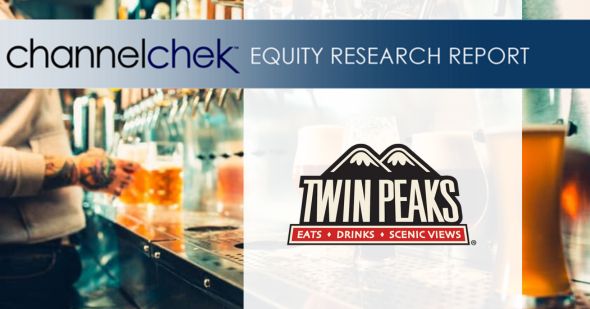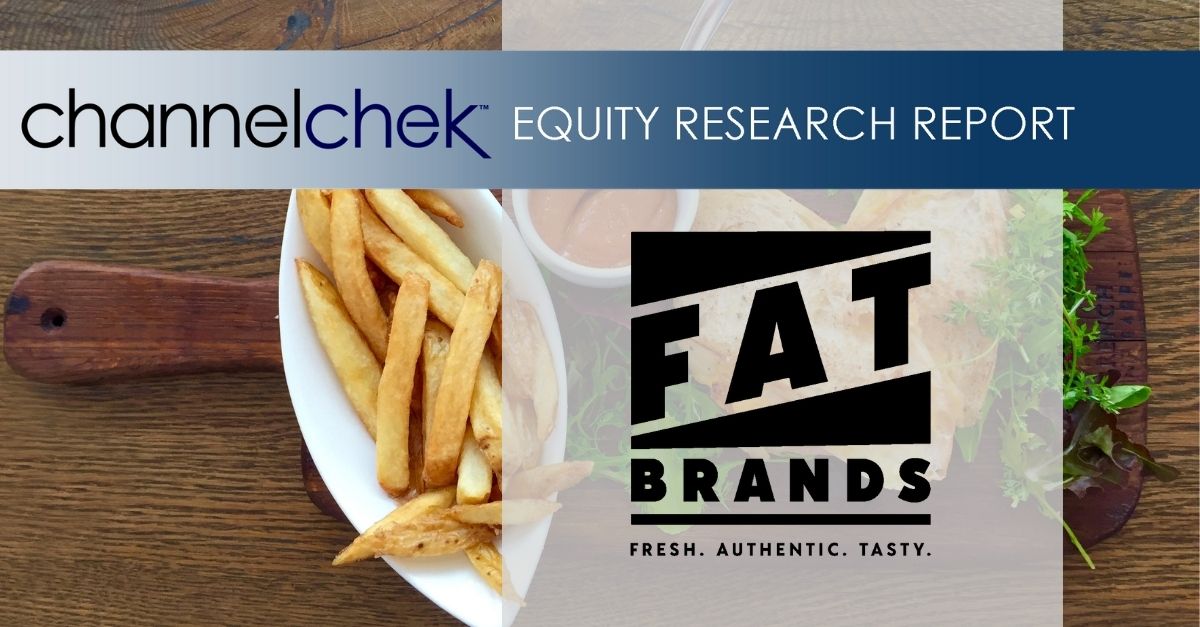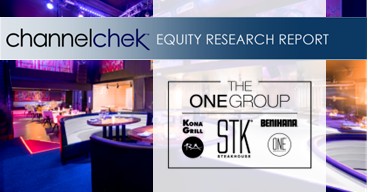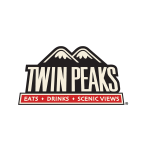November 17, 2025
Strategic Acquisition Expected to Strengthen Balance Sheet Through Enhanced EBITDA Generation
DALLAS, Texas, Nov. 17, 2025 (GLOBE NEWSWIRE) — Twin Hospitality Group Inc. (“Twin Hospitality”) (Nasdaq: TWNP), the parent company of Twin Peaks and Smokey Bones, today announced it has entered into a letter of intent to acquire eight Twin Peaks franchised restaurants in Florida from DMD Ventures, LLC for approximately $47 million in cash. The strategic transaction represents an opportunistic investment in a key growth market even as the Company’s long-term focus remains on franchise driven expansion.
The acquisition will bring the following Florida locations to company ownership: Davie, Fort Myers, West Palm Beach, Pembroke Pines, Hollywood, Cypress Creek, Doral and Naples. Upon completion, the transaction is expected to contribute approximately $76-$77 million in annual revenue and $9-$10 million in additional annual EBITDA. The incremental EBITDA contribution is expected to help reduce leverage, further strengthening the Company’s balance sheet and financial flexibility.
“We are delighted to bring proven, high-performing franchise locations into our corporate portfolio,” said Kim Boerema, CEO of Twin Hospitality Group. “These are some of our top performing restaurants, and Florida has consistently demonstrated strong performance as a key market for Twin Peaks.”
“The enhanced cash flow and increased EBITDA from these locations is expected to strengthen our balance sheet through deleveraging while enabling us to capitalize on incremental revenue and margin growth,” added Andy Wiederhorn, Chairman of Twin Hospitality Group.
The transaction is expected to close in the first quarter of 2026, and is subject to completion of a definitive purchase agreement, financing and customary closing conditions.
For more information on Twin Hospitality Group, visit https://ir.twinpeaksrestaurant.com/.
About Twin Hospitality Group Inc.
Twin Hospitality Group Inc. (NASDAQ: TWNP) is a restaurant company that strategically develops and operates and franchises specialty casual dining restaurant concepts with a goal to redefine the casual dining category with its experiential driven brands, Twin Peaks and Smokey Bones. Twin Peaks, known as the ultimate sports lodge, is an award-winning restaurant and sports bar brand with 114 locations across 26 states and Mexico and is known for its made-from-scratch food, 29-degree draft beer, innovative cocktail program and sports on wall-to-wall televisions. Smokey Bones is a full-service, meat-centric restaurant brand and concept with 45 locations, across 15 states specializing in ribs and a variety of other slow-smoked, fire-grilled and seared meats, along with a full bar. For more information, please visit www.twinpeaksrestaurant.com.
Forward-Looking Statements
This press release contains forward-looking statements within the meaning of the Private Securities Litigation Reform Act of 1995, including statements relating to the timing of and expected revenue and EBITDA contribution from the proposed acquisition of restaurants Forward-looking statements generally use words such as “expect,” “foresee,” “anticipate,” “believe,” “project,” “should,” “estimate,” “will,” “plans,” “forecast,” and similar expressions, and reflect our expectations concerning the future. Forward-looking statements are subject to significant business, economic and competitive risks, uncertainties and contingencies, many of which are difficult to predict and beyond our control, which could cause our actual results to differ materially from the results expressed or implied in such forward-looking statements. We refer you to the documents that we file from time to time with the Securities and Exchange Commission, such as our reports on Form 10-K, Form 10-Q and Form 8-K, for a discussion of these and other risks and uncertainties that could cause our actual results to differ materially from our current expectations and from the forward-looking statements contained in this press release. We undertake no obligation to update any forward-looking statements to reflect events or circumstances occurring after the date of this press release.
Media Relations:
Erin Mandzik
emandzik@fatbrands.com
860-212-6509






